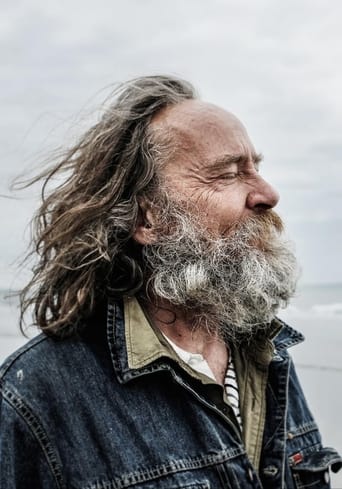
24 May 2017

Martin
Documentary film about Martin Park, a homeless man living in Dublin, and his friendship with photographer and filmmaker Donal Moloney.
The film shows one day from waking up in the morning all the way to waking up again the next morning. The everyday situations that many commercials are made of, the little dramas that they create and solve through the product or service they sell, are stitched together into one day. This is a film about the everyday in (German, or Western-European) society because the commercials are part of the everyday of most people (everyone who watches television) and they depict an ideal image of society. The film abundantly uses repetition as an editing technique, in visual ways as described above, but also because commercials can be read in different ways. For instance, Brat baking foil shows up at the evening dinner sequence, when an ovendish is put on the table, and again later on in the sequence about going out to a classic concert, because the clip has classic music.

24 May 2017

Documentary film about Martin Park, a homeless man living in Dublin, and his friendship with photographer and filmmaker Donal Moloney.

27 Nov 2019

Martin Scorsese, Robert De Niro, Joe Pesci, and Al Pacino in conversation about The Irishman.
10 Jun 2004
A documentary about the actress who played Miss Torso, the dancer that caught James Stewart's eye in Alfred Hitchcock's classic film Rear Window.
27 Nov 2019
No overview found
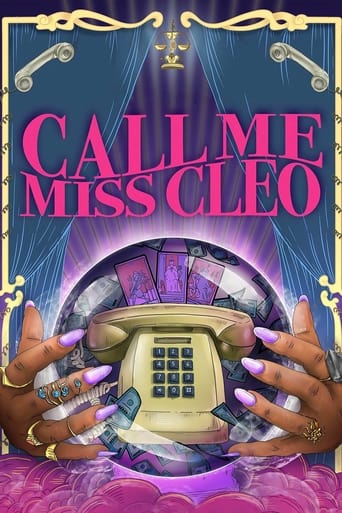
15 Dec 2022

Follow the rise, fall, and reinvention of controversial and revered '90s television psychic Miss Cleo. Featuring interviews with celebrities and those closest to the self-proclaimed voodoo priestess, this documentary explores the many layers behind a complicated and charismatic figure.
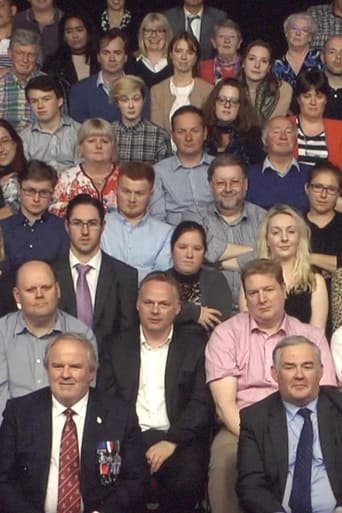
01 Jan 2016

On the 23rd of June 2016 Britain voted to leave the European Union. Who Are We? is a re-working of material from a BBC television debate transmitted a few weeks earlier.”The most provocative of the bunch is John Smith’s Who Are We?. Leading up to the Brexit vote, BBC’s Question Time became ever more vicious and confrontational. Who Are We? is a manipulation of one of those broadcasts, with David Dimbleby prompting “you, sir, up there on the far right” repeatedly.“Get our identity back – vote leave!” one audience member shouts, while another declares himself a veteran, followed by a swift manipulated cut to rapturous applause. It’s a heavily edited and remixed edition of Question Time, but by highlighting those in the audience with attitudes ranging from nationalistic to xenophobic, Smith’s short film shows the now normalised extremism within our society and our political discourse.” Scott Wilson, Common Space magazine, April 2017
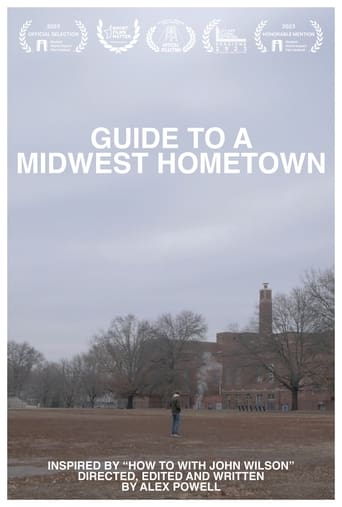
02 Nov 2022

Coming back during Winter, Alex Powell explores both the places and personal connections found in his hometown and how they've changed. “Guide to a Midwest Hometown” explores what makes the barren places at home feel sentimental and special, and the good and bad feelings that come when being back home. Inspired by "How To With John Wilson".
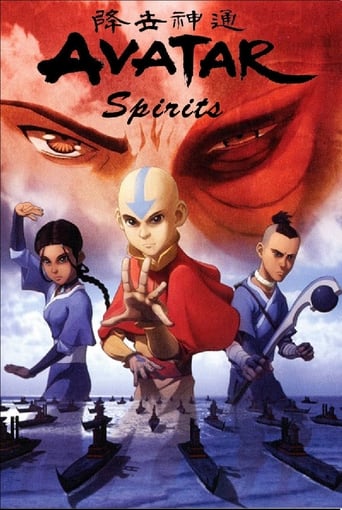
22 Jun 2010

Bryan Konietzko and Michael Dante DiMartino, co-creators of the hit television series, Avatar: The Last Airbender, reflect on the creation of the masterful series.
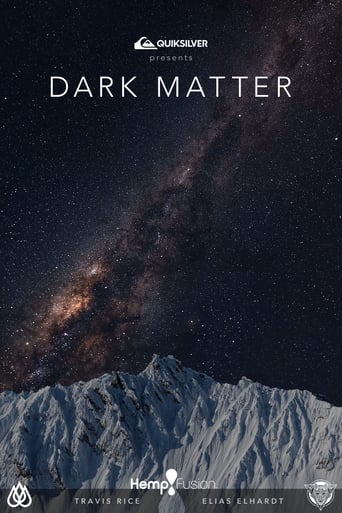
24 Dec 2019

World-renowned snowboarders Travis Rice and Elias Elhardt team up with legendary director Curt Morgan for a celebration of space and time filmed in the deep backcountry of Alaska, exclusively on location at Tordrillo Mountain Lodge.
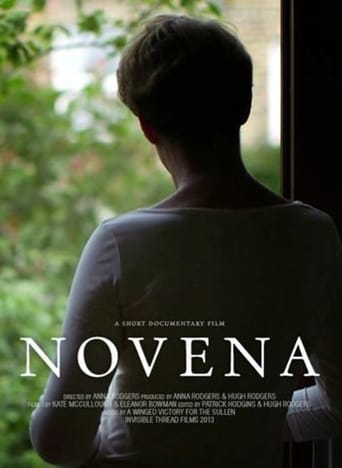
14 Aug 2013

In 2012, Stephen Vaughan and Kay Ferreter are invited to address the congregation at St. Joseph's Redemptorists Church in Dundalk, Ireland for the Solemn Novena Festival. In a powerful speech, the pair describe their experiences being gay and lesbian in Ireland, feeling excluded by Catholic doctrine, and the importance of a more inclusive church.
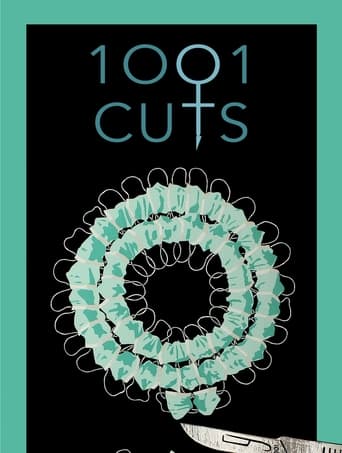
25 Feb 2024

The daughters of Title IX discover that pervasive gender-based stereotypes and discrimination persist within the high stakes professional world of surgery - a workplace designed for and and still controlled by men. Since 2003, half of medical students in the US have been women. Women remain in the minority in most surgical fields but their proportion is increasing. Leadership and culture in surgery remain disproportionately and persistently male despite ample evidence that women are just as good (and possibly better) at delivering care. Systemic barriers to success for women surgeons must be confronted and addressed for the surgical workforce to stay healthy and for patients to stay safe. We’ve interviewed dozens of surgeons who are women about their experiences, hopes, dreams and careers. This is a group of extraordinarily dedicated physicians who work every day to improve the health and lives of others despite untold challenges.
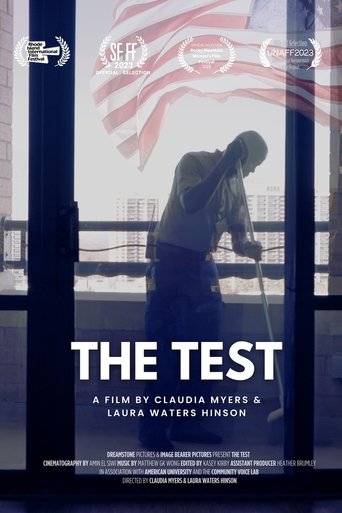
07 Aug 2023

A Ghanaian maintenance technician at a Virginia retirement community dreams of becoming an American citizen to provide a better life for his family. With their future at stake, he enlists the help of two elderly residents to prepare for the biggest test of his life: the US Citizenship exam.
15 May 2009
Alexis is a 32-year-old white woman married to Alain, an African from Rwanda. This documentary focuses on Alexis giving birth in her parents home. As her parents and great-grandmother look on, a calm mid-wife delivers ten and a half pound Jazmine. The documentary is Interspersed with interviews with Alexis, her husband, Alexis' parents, the soon to be great-grandmother and the midwife.
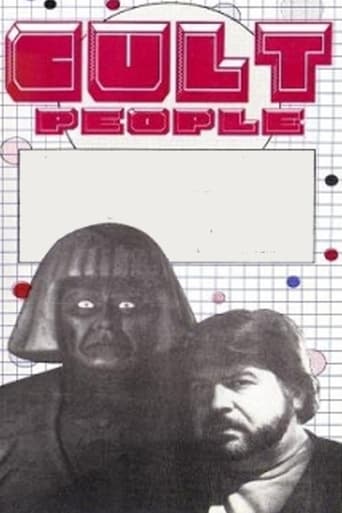
01 Jan 1989

In interviews, various actors and directors discuss their careers and their involvement in the making of what has come to be known as "cult" films. Included are such well-known genre figures as Russ Meyer, Curtis Harrington, Cameron Mitchell and James Karen.
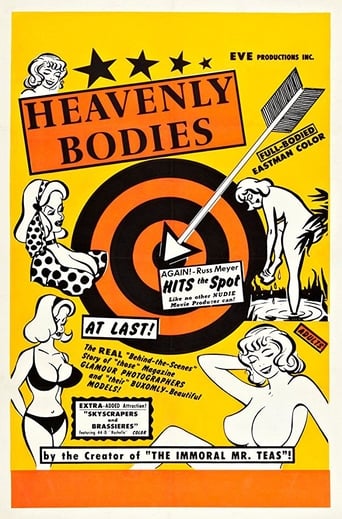
28 Jun 1963

A group of filmmakers shadow some glamour photographers in order to discover the skill involved in getting 'magic' to appear on the photos.
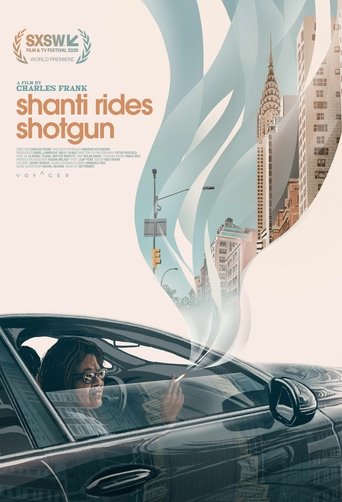
25 Oct 2025

On Manhattan's jam-packed streets, NYC's most iconic driving instructor prepares students for the road ahead.
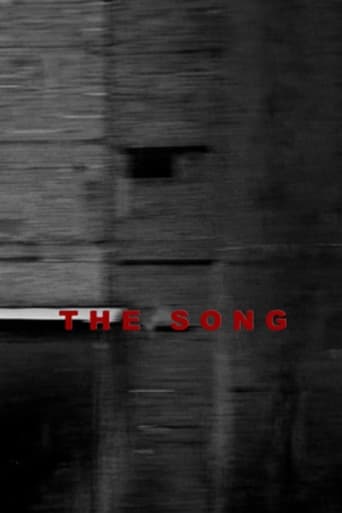
31 Dec 1991

A documentary that follows the recording process over three days and nights of "(I'll Love You) Till the End of the World" by Nick Cave and the Bad Seeds. A new version of the documentary appeared in 2005, and on the 2019 Criterion release of Wim Wenders' film UNTIL THE END OF THE WORLD.

14 Dec 2027

Time passes, slips away, dissolves. But what if we could hold it for a moment? "Capturing Memories" is a dive into the essence of the inconsistent, an invitation to reflect on the importance of preserving moments before they are lost in oblivion. Through visual fragments, the documentary reveals how small scenes of everyday life carry echoes of the past and seeds of the future. In a world where everything passes, what really remains? This film is a tribute to the art of immortalizing the moment, to the beauty of seeing beyond the present and to the need to give meaning to what may one day become a memory.
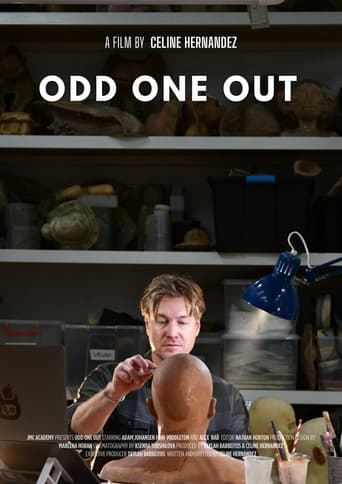
31 May 2024

'Odd One Out' is a 15 minute, short coming of age documentary, about the Head Designer & Co-owner of the OSCAR & BAFTA winning prosthetics, animatronics and creature design company, Odd Studios. In a sit down interview, Adam deep dives into his pathway to success. Stories from 'Farscape', the opening of Fox studios, to the stark reality of leading the mould shop in prosthetics at the age of 20, and the lessons he learnt along the way whilst creating his dream career. Taking inspiration from supernatural, sci-fi 90s classic films and monsters through the mind of a 10 year old in 1985, guided by the words of his 43 year old self in 2023. We explore how an 'odd one out' kid, feeling the pressure and disregard of society can become a pioneer for prosthetics and animatronics across Australia and Hollywood.
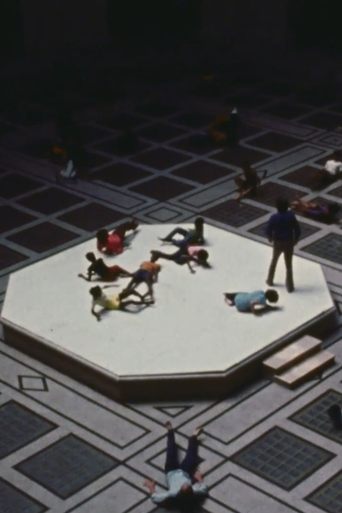
01 Jan 1971

Edited by famed filmmaker Kathleen Collins, Statues Hardly Ever Smile follows a group of middle school children during a six-week project at the Brooklyn Museum, where they collectively discover and respond to the Egyptian collection. With narration by a member of the museum’s education department, we witness the group’s daily exercises and reflections as they create a theatre piece centered on the relationships developed with the objects and each other.